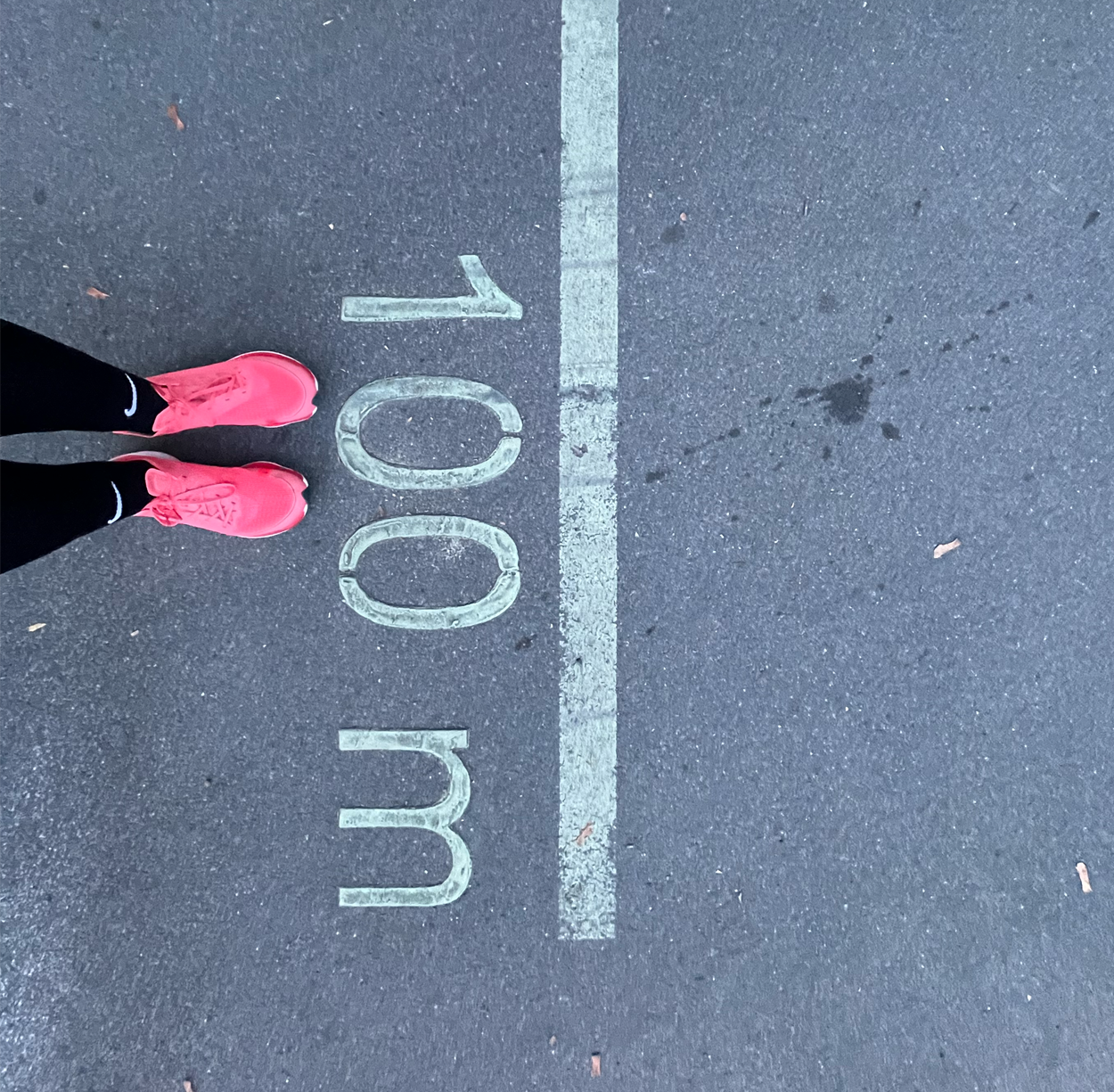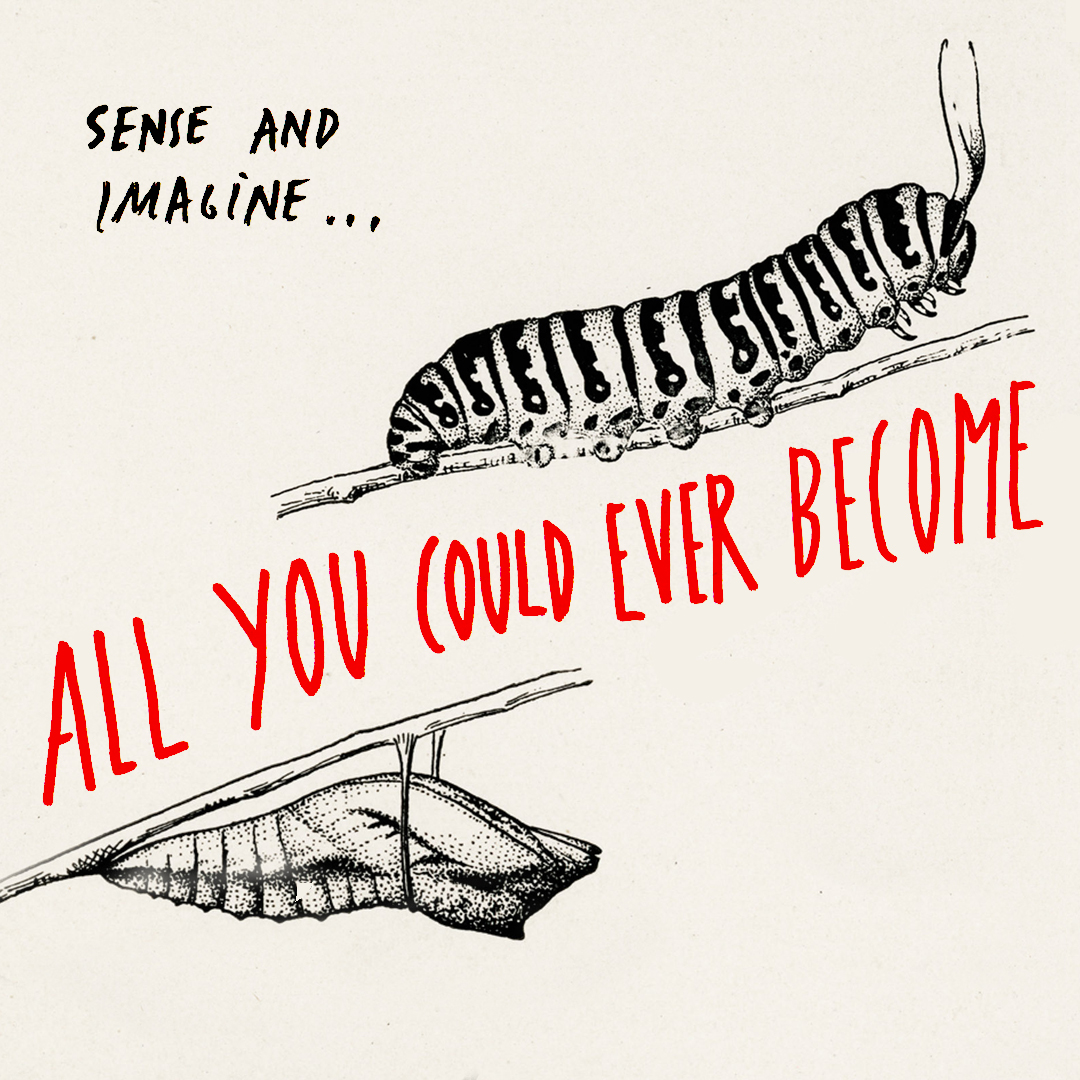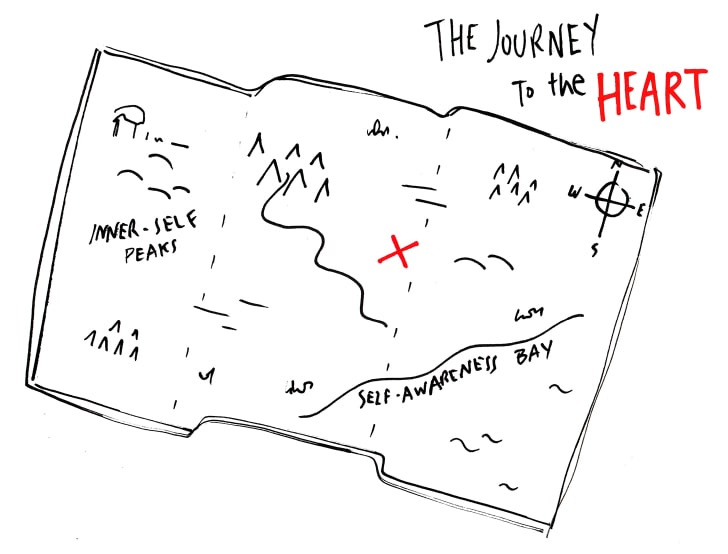_
What does “Heart” mean for you?
Is your heart something more than a blood pump? If yes, what then?
When I started this adventure, a Global Discovery Quest to better understand and communicate what truly means to “Lead from the Heart” beyond assumptions and stereotypes, I asked this same question to 33 creative leaders from 21 different countries, across 5 continents.
To my surprise, when observing the collected results in detail (see visualization below), although the association of the heart with emotions and emotional intelligence-related issues was repetitive (e.g., vulnerability, attachment, care, compassion, emotions, etc.) this was clearly not the only represented perspective.
Creativity, inspiration, motivation, energy, meaning, purpose, faith, flow, and guidance, among others, presented a much wider picture. More than half of the collected answers were connected with something else.

What most called my attention was what, repeatedly, many creative leaders shared with me: “Marie, my creativity is driven by my heart”.
Although I would personally agree with them, I must confess that at this point I thought: “Ohh how nice, poetry!”. Little could I imagine what was to follow.

As a humanist, and in my position of “researcher” I had to admit that there was something in there that I was not able to see, nor understand, clearly. Could the diversity of answers also just mean that I did not ask the right question?
I observed with further curiosity. In any case, collected responses pointed out that the “heart” could be many things. Maybe behind all these words and perceptions, something else was waiting to be unveiled. I began to wonder… Is there a cultural factor that is worth to be observed?
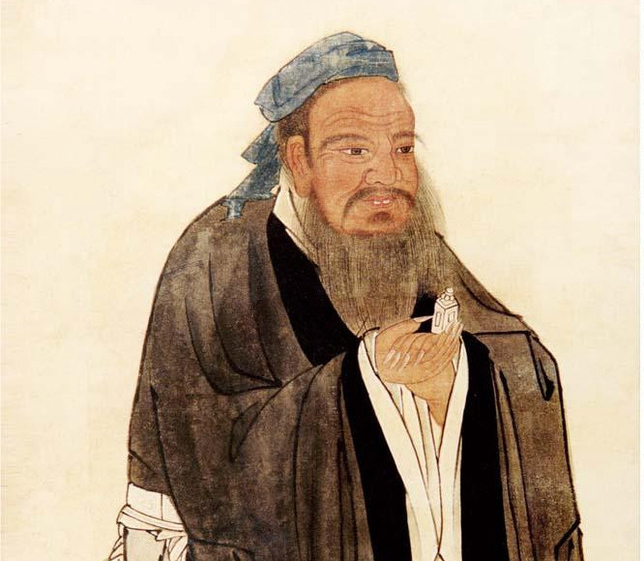
In Chinese, xin (心) refers to “heart-mind”. “It translates as heart; mind; feeling; intention; center” and has a connotation of intention yet it also can be used to refer to long-term goals (1). Experts clarify that “xin” is the root of physical and mental life. In simple words: “xin” means both heart and mind.
In Chinese, the meaning of the word indicates that the “heart” is considered the seat of all emotions and embodies the inherent goodness of human nature and wisdom. The “xin” helps to guide the individual’s way of life and attitude and can lead one to deep contentment” as academics and expert researchers point out (1).
I further dug into it and found out that the meaning of “xin” could be also connected with what ancient Egyptians referred to as “ib”: the heart as the internal, the hidden, the invisible, and the inner self (2,3).
In the same way “leb”, the Hebrew term for “heart”, is “used very widely in a figurative way for the feelings, the intellect, and the will” (4,5).
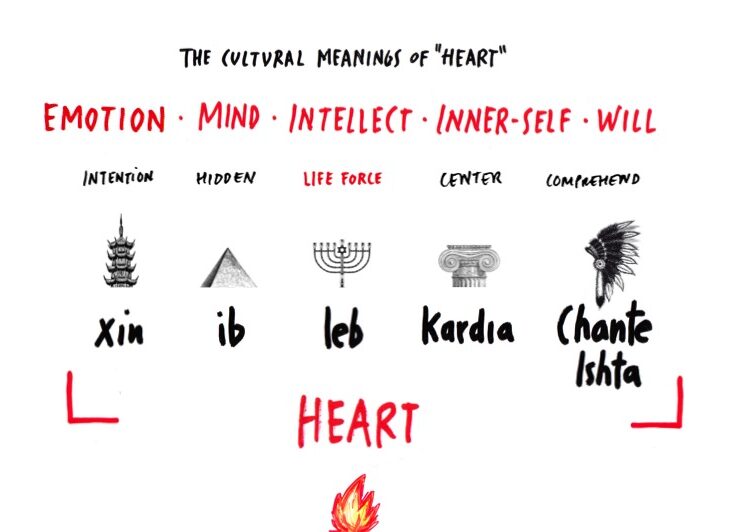
Likewise, for native American indigenous cultures the ability to deeply comprehend also comes from the “Chante Ishta”, their word to refer to the heart (6). Also one could build a relationship with the root meaning of the Greek word “kardia” (heart) as “the center and source of the whole inner life” (5), in reference to both human’s physical and spiritual life.
What I came to realize is that across millennia and in many different ancient cultures and languages when pronouncing the word “heart” they were referring to the biological organ as well as to emotion, mind, intellect, inner self, and will at the same time.
Our ancestors understood the heart as an intention, a hidden invisible force in the center, that allows us to deeply comprehend. How fascinating!
Since I started searching for answers I found out that there are actually more than 7000 years of recorded history exploring and talking about the topic from many different perspectives and approaches: philosophy, spirituality, indigenous cultures, and science among others. From ancient Egypt to the Renaissance and up to today, the meanings of “heart” and its role and function in human life have been a topic of study and research across languages, beliefs, and cultures throughout the entire history of humankind.

Still, in exploring many of the answers and perspectives, I had to humbly face the truth. I could not fully understand what they were referring to when talking about the mysteries and role of the heart.
Some of the recorded answers provide only partial responses, and others are not easy to grasp from my own cultural mindset.
As stated by Buddha: “The way is not in the sky. the way is in the heart” (7). My poetic soul and even intuition could get and sense the beauty in these words, but honestly, my reasoning could not even start to make any sense out of it. What does Buddha mean by it?!? My inner child needed to fully comprehend…

Until the 17th Century AD, the heart was honored as the seat of the human soul and as a doorway toward an elevated form of knowing and understanding, beyond rational thinking, not opposed to it, but complementing it.
Our “common understanding” of what the “heart” is and means today is only 400 years old, rooted in the interpretation of Rene Descartes and William Harvey’s philosophical and scientific work.
Descartes’ mechanistic view of the world influenced the distinction between the body and the mind and also the sense of opposition between the heart and head that our society “lives up to” until today.
Yet it is important to remark that William Harvey, despite describing the physiological function of the heart as a pump that propels and transmits the blood in the human body, always defended, in opposition to Descartes’s positions, that the heart had to be regarded as “the center of life, the sun of the Microcosmos, as the sun itself might be called the heart of the world” (8,9).
For Harvey, the father of our contemporary understanding of the physiological functioning of the heart in medical sciences, the heart was nevertheless a source of intelligence and a spiritual member of the body (9).
In the early 20th century, Rudolph Steiner proposed a revision of the prevailing notion of the heart being merely a hydraulic pump.
According to Steiner, the human heart is more than just a blood pump; it’s an organ of perception–a center of spiritual and energetic activity. His perspective emphasises the unity of body, soul, and spirit.
“One of the most important things needed for the development of humanity is to understand that the heart is not a pump.” asserted the austrian-born scientific, literary and philosophical scholar.
I am confident that you too are familiar with idioms such as: open your heart, listen to your heart, and follow your heart. Also with expressions such as I am talking from the bottom of my heart when I say: you broke my heart, but please go to the heart of the matter.
The point that I am trying to make here is that it is important to observe that language is a cultural, social, and psychological phenomenon (10).
Words and their attributed meaning shape people and cultures.
For example, when we observe the cultural meaning of “heart” in the context of business we will be able to easily observe how traditionally it has been considered as fuzzy, fluffy, utopian, touchy-feely, and even kumbaya and antithetical to driving profit. Yet, times are changing as both business practices and scientific and academic research have already demonstrated. Nowadays the qualities of leading from the heart: ethics, emotions, biology, and spirituality are required for business success. Harvard Business School Professor Bill George points out:
“People call this the soft side of leadership, that’s nonsense. This is much harder, much harder than it is getting the numbers, right. I could go to any organization, and half a dozen people get the numbers, right, that’s easy. This (to lead from the heart) is hard, really hard to build a culture of caring, empowerment, and accountability, and really have an alignment around a core central purpose and a set of values. And if you don’t have that, you’re going to be floundering” – Bill George (11).
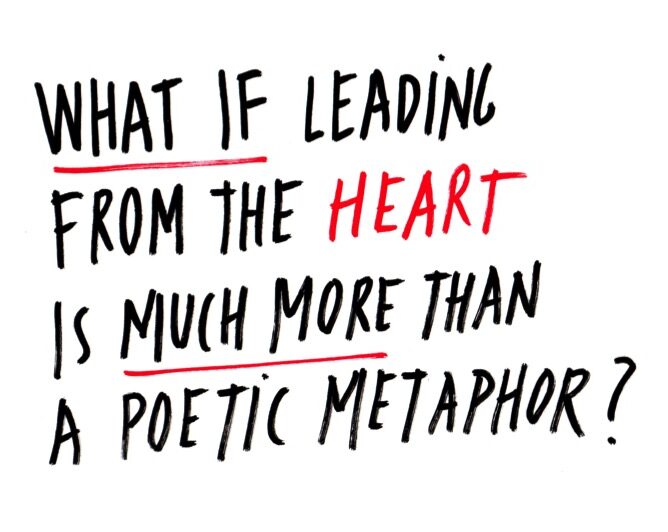
Going back to my research experiment, asking 33 creative leaders from around the globe about the meaning of “heart“, when observing the complete list of responses from a holistic and transversal perspective, I was also able to recognize references to the body, the mind, and the soul.
There was something in there yet to be found. Something I was not yet able to grasp but that was worth to keep investigating…
What if leading from the heart was much more than a poetic metaphor? What if it was something real, with tangible implications for leadership and creativity?
What if there is a gap between common understandings of what “leading from the heart” is and what it means and implies to do so? What if you happen to be one of them, a leader of the heart?
Guidance, connection, intuition, meaning, fulfillment, and creative power. That is what heart means to me.
What about you? What does “heart” means for you? I am looking forward to learning from you too. Yeah! Do not hesitate to reach out.
Stay tuned as we continue walking down The Journey to the Heart.

__


